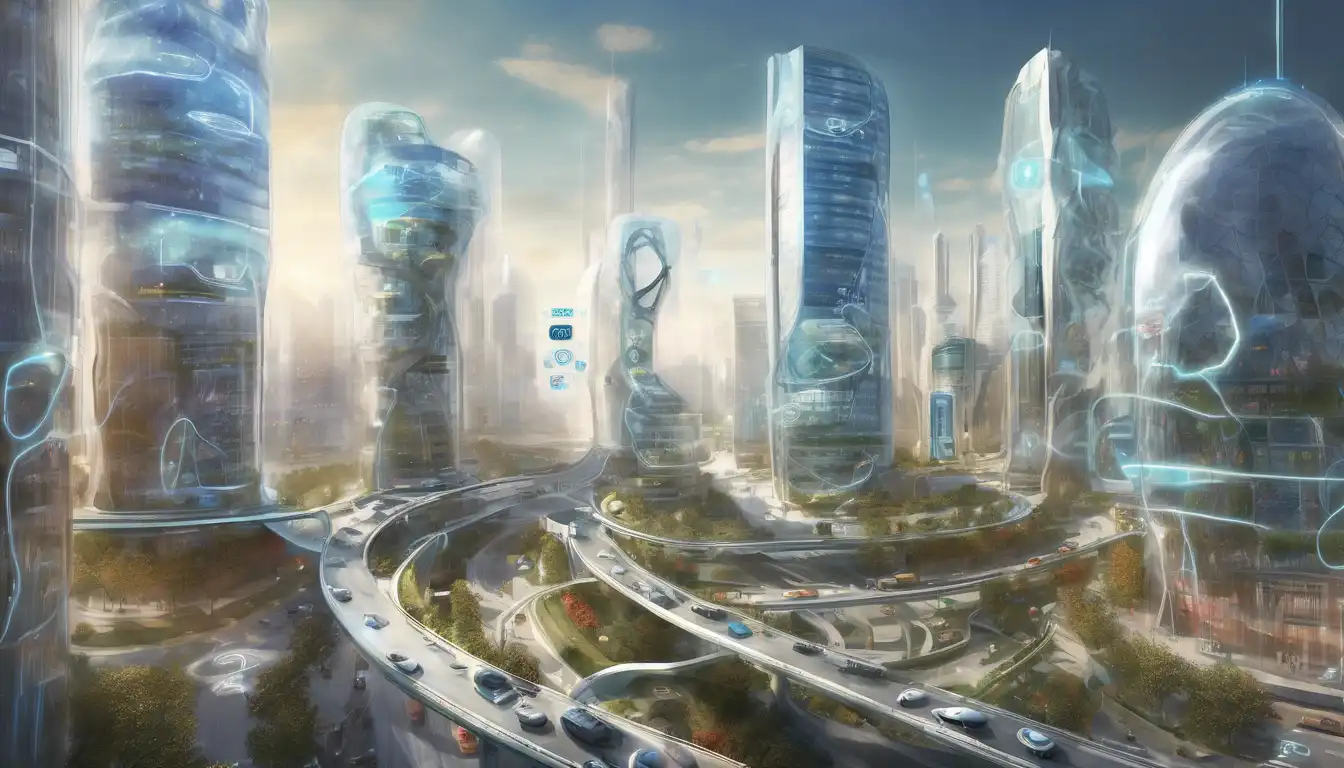The Role of IoT in Shaping Smart Cities
The Internet of Things (IoT) is revolutionizing the way we live, work, and interact with our urban environments. By connecting devices, sensors, and systems across cities, IoT is laying the foundation for smarter, more efficient urban spaces. This article delves into the transformative potential of IoT in smart cities, highlighting key benefits, challenges, and future prospects.
Key Benefits of IoT in Smart Cities
IoT technology offers numerous advantages for urban development, including:
- Enhanced Efficiency: IoT enables real-time monitoring and management of city resources, reducing waste and improving service delivery.
- Improved Public Safety: From traffic management to emergency response, IoT applications can significantly enhance the safety and security of urban residents.
- Sustainability: By optimizing energy use and reducing emissions, IoT contributes to the creation of greener, more sustainable cities.
- Better Quality of Life: Smart city initiatives powered by IoT can improve healthcare, transportation, and other essential services, making urban living more convenient and enjoyable.
Challenges Facing IoT Implementation
Despite its potential, the integration of IoT into smart cities is not without challenges. These include:
- Privacy and Security Concerns: The vast amount of data collected by IoT devices raises significant privacy and security issues.
- High Implementation Costs: The initial cost of deploying IoT infrastructure can be prohibitive for many cities.
- Interoperability Issues: Ensuring that different IoT systems and devices can work together seamlessly is a major technical challenge.
The Future of IoT in Smart Cities
Looking ahead, the future of IoT in smart cities is bright, with advancements in technology paving the way for more innovative applications. From autonomous vehicles to smart grids, the possibilities are endless. However, realizing this potential will require collaboration between governments, businesses, and communities to address the challenges and harness the benefits of IoT.
For more insights into how technology is transforming urban spaces, check out our articles on urban development and sustainable cities.
Conclusion
The integration of IoT into smart cities represents a significant leap forward in urban development. By leveraging the power of connected devices, cities can become more efficient, sustainable, and livable. While challenges remain, the potential benefits of IoT for smart cities are too great to ignore. As technology continues to evolve, the future of IoT in smart cities looks promising, offering exciting opportunities for innovation and improvement.
